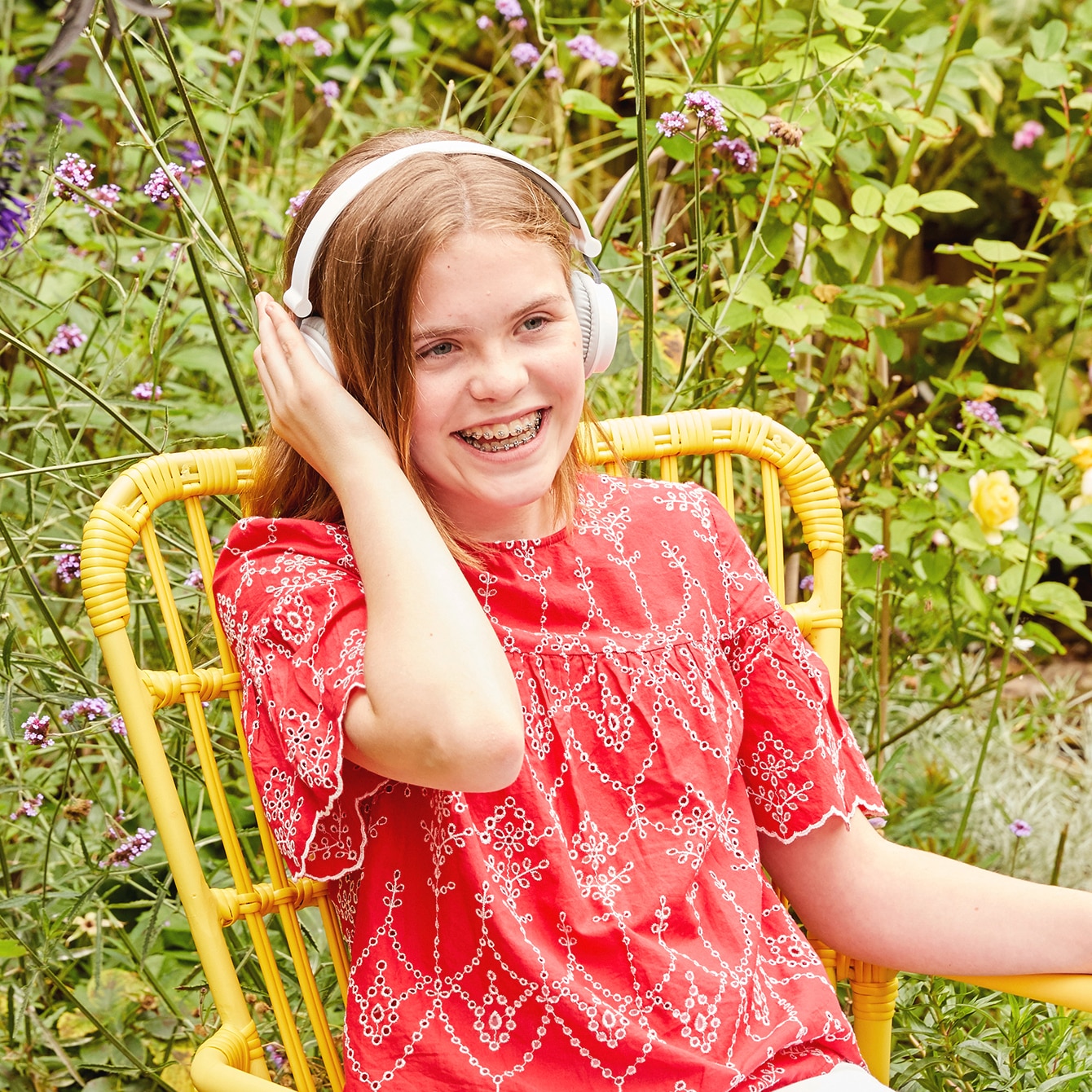The impact of body shaming can be significant and lifelong; body image plays an important role in a young person’s physical and mental health, their aspirations and their relationships. Shaming can come in many forms and guises: it can be name calling at school; it can be a comment warning them not to eat another treat; it can be a parent telling them to do more exercise or they’ll gain weight. Often adults might not even be aware of the damage they can do with their words. Negative connotations related to weight are all around teens, through our culture and society, but as parents there is much that can be done to help combat the effects of body shaming on our children.








